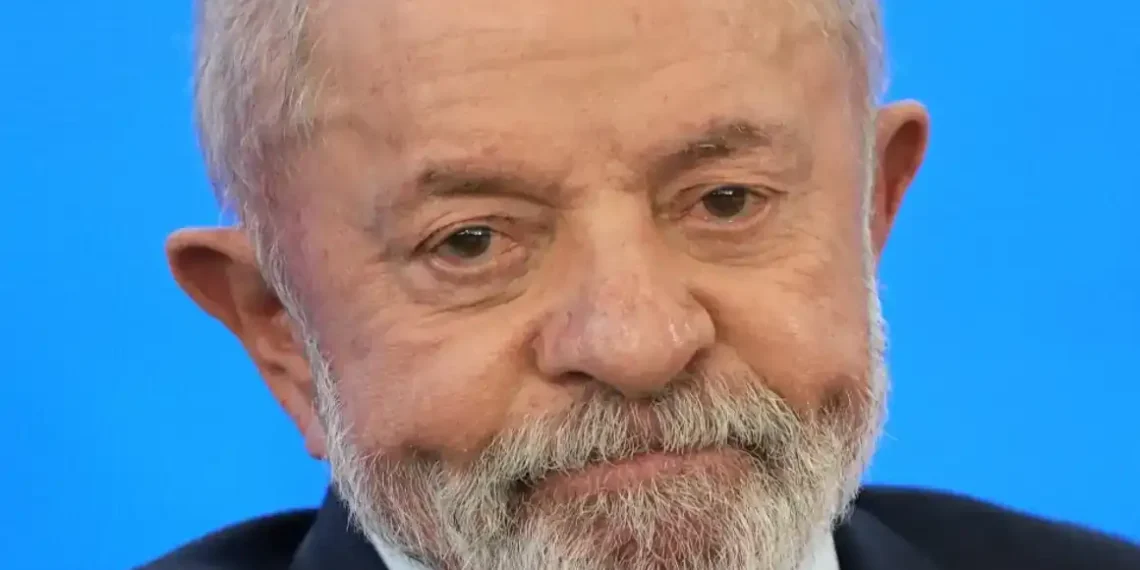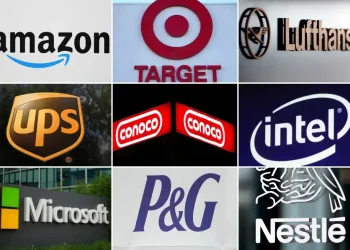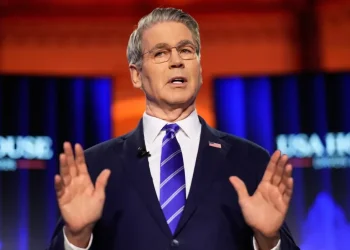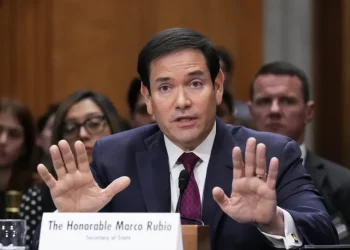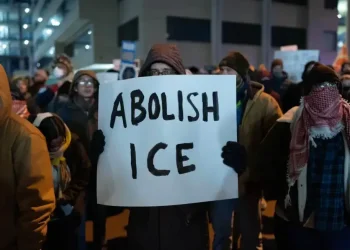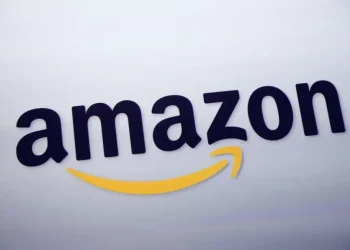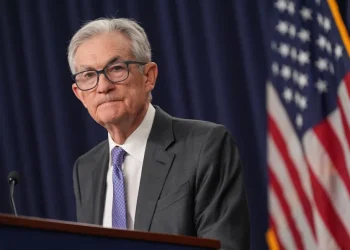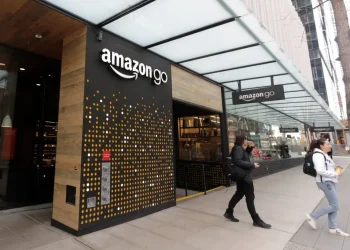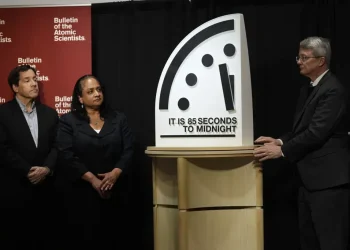Brazil says U.S. ignoring efforts to negotiate Trump’s 50% import tariff
July 25, 2025 – 9:20 AM
Brazilian President Luiz Inácio Lula da Silva says the United States has refused to engage in talks over former President Donald Trump’s plan to impose a 50% tariff on Brazilian imports. Despite multiple attempts at dialogue, Lula claims Washington has not responded to formal requests, creating rising trade tensions between the two nations just days before the proposed tariff takes effect on August 1.
What happened
Speaking on Thursday, July 24, during a visit to Vale do Jequitinhonha in Minas Gerais, President Lula said his administration had made numerous efforts to open negotiations with the United States regarding the proposed import tax.
“Brazil is used to negotiating,” Lula stated. “We had already 10 meetings with the United States. On May 16, we sent them a letter asking for clarification on the proposals we had made.”
However, Lula said there was no official response. Instead, former President Trump made his intentions clear through a July 9 post on Truth Social, his personal social media platform, where he confirmed the 50% tariff and linked it to political developments in Brazil.
Trump cited the ongoing criminal investigation of his close ally, former Brazilian President Jair Bolsonaro, calling it a “witch hunt.”
Who is involved
The proposed tariff originates from Donald Trump, who remains a dominant figure in U.S. politics despite being out of office. Brazil’s response is being led by President Lula and Vice President Geraldo Alckmin, who also serves as the country’s Minister of Commerce, Industry and Trade.
Bolsonaro, at the center of the political controversy cited by Trump, is currently facing an escalating investigation by Brazil’s Supreme Court. His home and offices have been raided, and he is under a series of legal restrictions, including wearing an ankle monitor and being banned from social media.
Trump’s post linking the import tax to Bolsonaro’s legal woes has fueled concerns that the tariff is politically motivated, rather than based on economic or trade grounds.
What Lula and Brazilian officials are saying
Lula reiterated his call to protect Brazil’s resources and maintain diplomatic efforts. “We are defending our country, our people, and our rights,” he said in his speech in Minas Gerais.
Meanwhile, Vice President Alckmin revealed that he had a 50-minute call last Saturday with U.S. Commerce Secretary Howard Lutnick. Although Alckmin described the call as confidential, he emphasized Brazil’s continued willingness to engage in dialogue.
“Brazil never left the table. We didn’t create this problem, but we want to solve it,” Alckmin told reporters in Brasília.
Brazil raises concerns at the WTO
On Wednesday, Brazil raised the issue at a World Trade Organization (WTO) meeting, criticizing what it called arbitrary and disruptive trade measures.
Although officials did not directly mention Trump or the U.S., Brazil’s Ambassador to the WTO, Philip Fox-Drummond Gough, delivered a strong statement:
“Arbitrary tariffs, chaotically announced and implemented, are disrupting global value chains and risk throwing the world economy into a spiral of high prices and stagnation,” Gough said.
He also warned that WTO members are seeing “an extremely dangerous shift toward the use of tariffs as a tool to interfere in the domestic affairs of third countries.”
Why this matters now
The 50% import tariff is expected to take effect on August 1, potentially impacting billions in Brazilian exports and worsening trade relations with one of the country’s largest partners.
The timing — amid Bolsonaro’s legal troubles and growing U.S. political tensions — has raised fears of politically charged trade policy.
For Brazil, the tariff could hurt key sectors including agriculture, metals, and manufactured goods, affecting jobs and economic growth at a critical moment for the country’s economy.
For the United States, particularly if Trump returns to power or maintains influence, the move could signal a broader return to aggressive, unilateral trade measures.
Looking ahead
With only days remaining before the tariff deadline, it remains unclear whether the United States will open formal negotiations or respond through diplomatic channels.
Brazil continues to press for international support through the WTO and direct outreach, but officials have also warned that retaliatory measures could be on the table if talks continue to stall.
For now, the looming trade clash between Brazil and the U.S. is a reminder of how politics and global commerce are increasingly intertwined — with real-world consequences for businesses, workers, and international alliances.
If you found this article useful, explore our related coverage on global trade and international politics, and don’t forget to share or comment with your thoughts.
This article was rewritten by JournosNews.com based on verified reporting from trusted sources. The content has been independently reviewed, fact-checked, and edited for accuracy, neutrality, tone, and global readability in accordance with Google News and AdSense standards.
All opinions, quotes, or statements from contributors, experts, or sourced organizations do not necessarily reflect the views of JournosNews.com. JournosNews.com maintains full editorial independence from any external funders, sponsors, or organizations.
Stay informed with JournosNews.com — your trusted source for verified global reporting and in-depth analysis. Follow us on Google News, BlueSky, and X for real-time updates.
